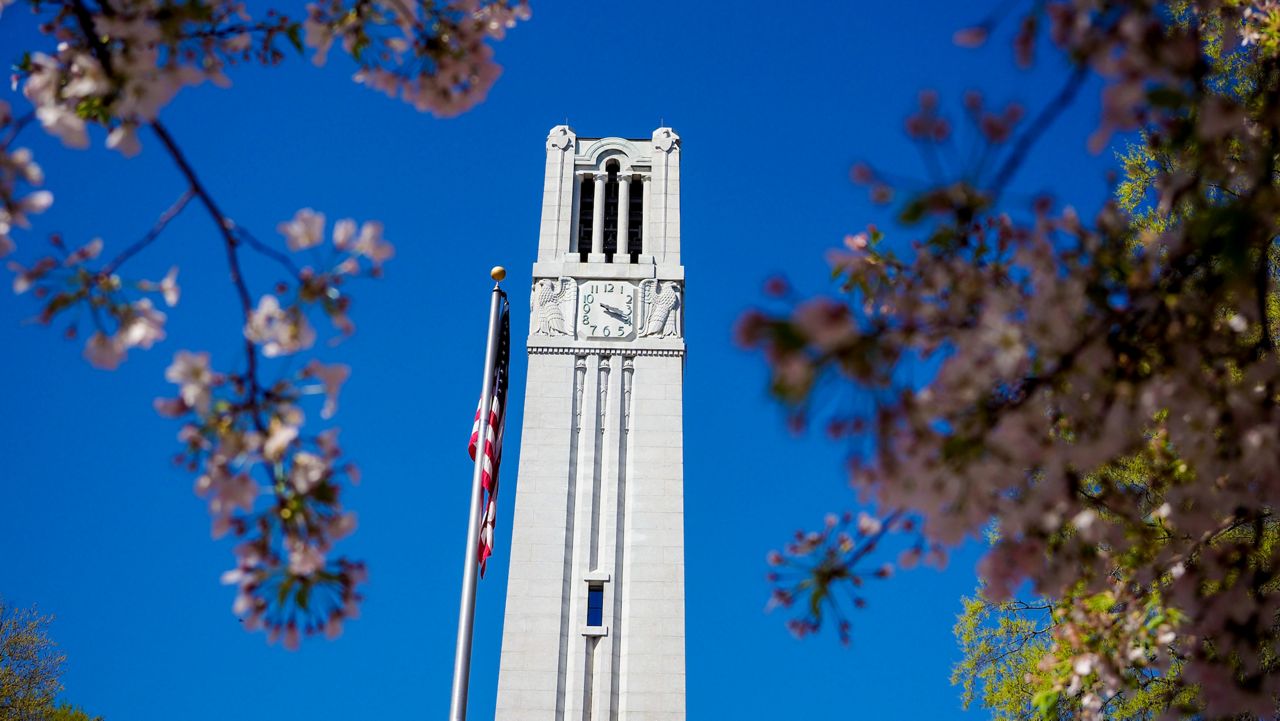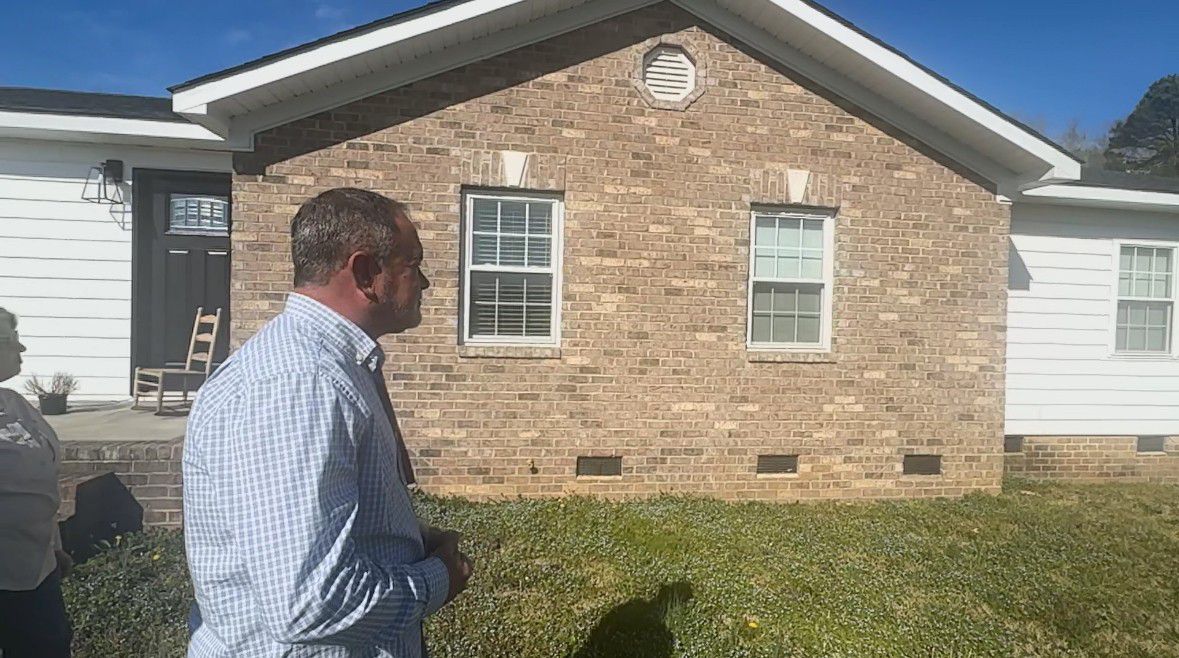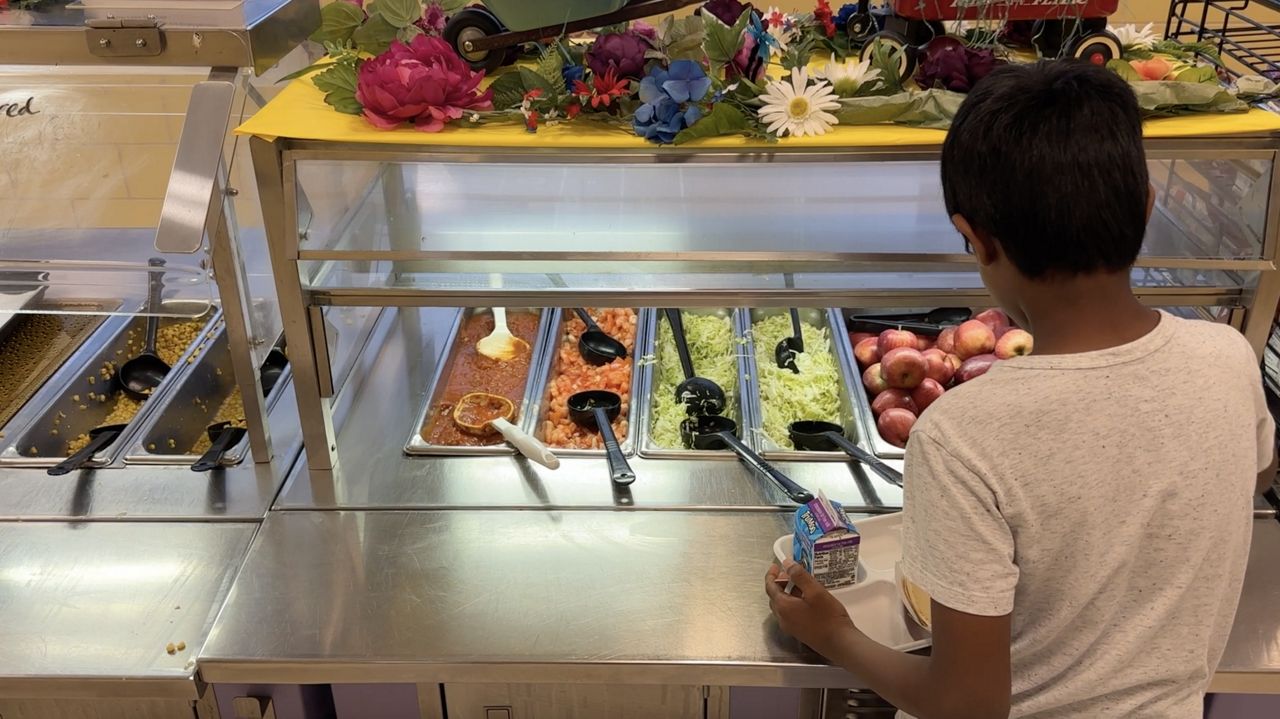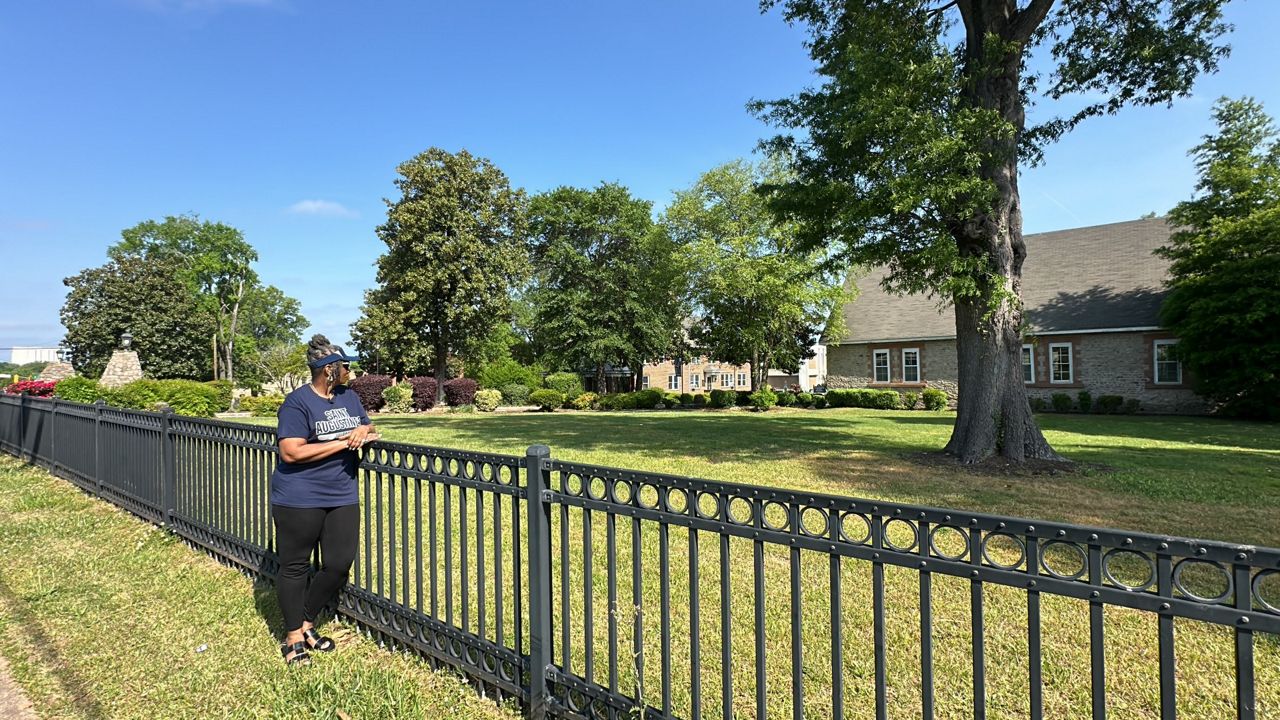RALEIGH, N.C. — A North Carolina nonprofit says there needs to be more support for Hispanic and Latino students in the state.
On Tuesday, LatinxEd published its first-ever report on the “state of Latinx education in North Carolina.” The group spoke with 250 people across 36 counties to identify barriers and opportunities that Latino communities in our state encounter on the journey toward high-quality education.
LatinxEd published its first-ever report on the “state of Latinx education in North Carolina”
The group spoke with 250 people across 36 counties to identify barriers and opportunities the Latino community faces
The report’s main findings include a lack of diversity among educators, mental health challenges and lack of support for postsecondary education
"When I think of what education has afforded me, it has placed me in spaces that I never imagined I could be,” said Abe Dones, a participant in the LatinxEd listening tour.
Dones is a lifelong learner, in part thanks to his mom, who went back to school as an adult to become a teacher.
"She always taught me that your education is something that no one can ever take away from you,” Dones said.
Dones is the vice president and chief student service officer at Durham Technical Community College. He’s also on track to earn his doctorate in community college leadership this spring from N.C. State.
"When we talk about marginalized communities, when we talk about Black and brown students, when we talk about Latinx, Latino, Latina students, the community college is the sector that can really help transform the economics of a family, of a community, of an individual,” Dones said.
Dones jumped at the chance to participate in a recent listening tour for a first report by LatinxEd on the state of Latinx education in North Carolina.
"It has several meanings. No. 1, because it's my lived experience. No. 2, understanding where the state is going. Understanding the shift and the data is showing us more and more that the [Latino] population continues to grow at a vast rate,” Dones said.
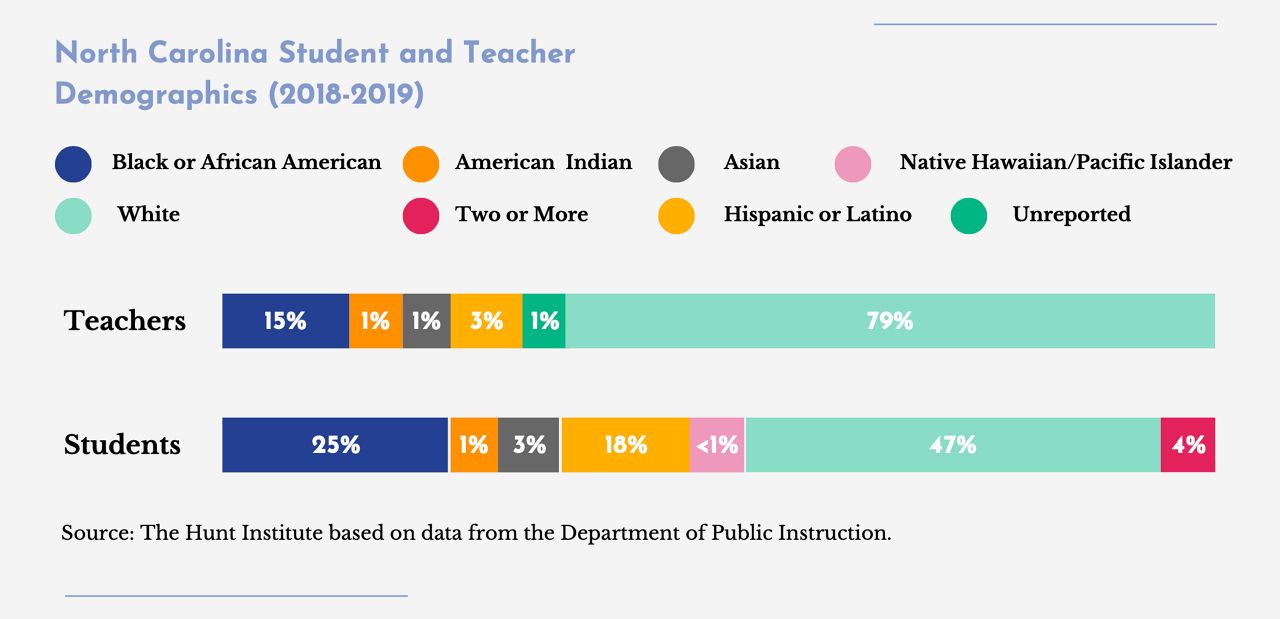
According to the report, 18% of the state’s students are Hispanic or Latino, while 95% of teachers identify as white or Black. The report’s recommendations include increasing educator diversity, a goal Dones supports and knows firsthand the impacts it can have.
"Wanting and desiring that representation because of what it meant personally because of what I know it can do, how it can inspire, how it can build momentum, how can it influence someone's life,” Dones said. “The challenge is that we put certain barriers and certain structures and systems in place that have made it inequitable for some.”
The report found there’s cultural isolation and mental health challenges among Latino communities as well as limited support for postsecondary education. Dones believes the entire state will thrive if these challenges are addressed.
"Hopefully this report is highlighting where some obstacles may exist and bringing people together to address those challenges to ensure that there's equitable access and opportunity for all to advance,” Dones said.
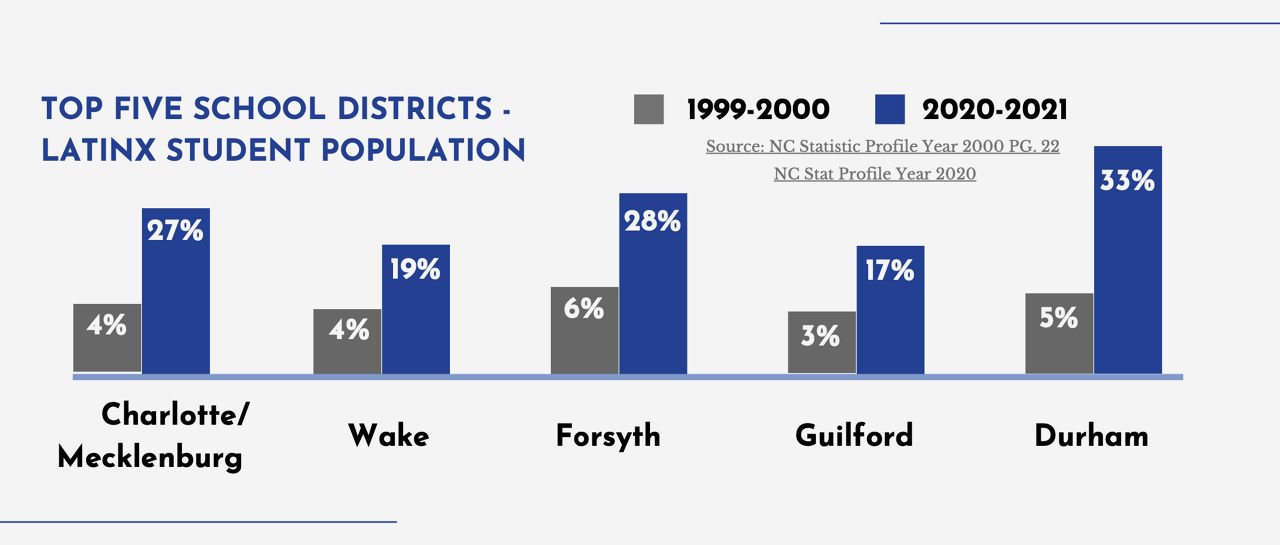
North Carolina has a goal that by 2030 at least two million people in the state will have earned some type of postsecondary degree. Dones argues that will be hard to achieve if the Hispanic and Latino populations are not given resources to succeed.
LatinxEd hopes this report influences future funding and legislation in the state.







